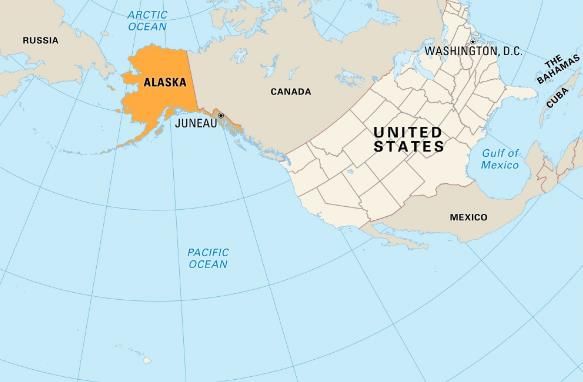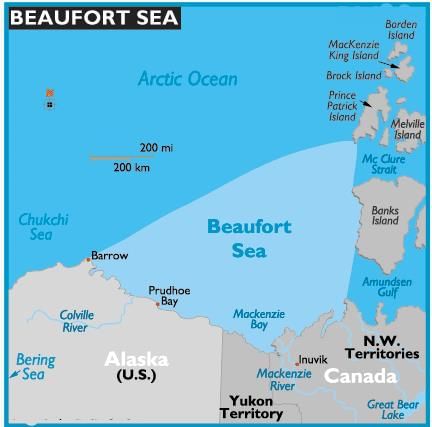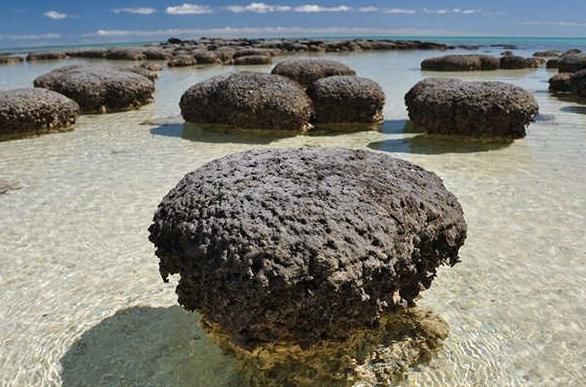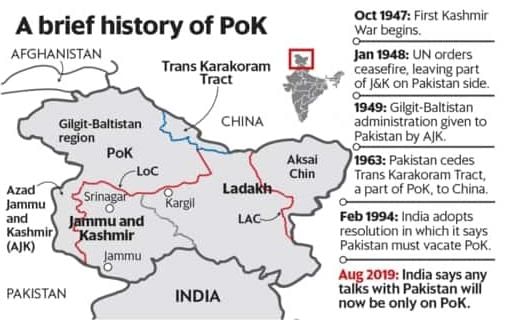Test: Weekly Current Affairs: June 1st to 7th - UPSC MCQ
25 Questions MCQ Test - Test: Weekly Current Affairs: June 1st to 7th
The “Colombo Process” is associated with which of the following?
Kendu leaves are primarily used in the production of which of the following products?
Consider the following statements about the Beaufort Sea:
- It is bordered by the coastlines of Canada and Russia.
- The Mackenzie River, the longest river in Canada, empties into the Beaufort Sea.
- The Beaufort Sea is known for its significant oil and gas reserves.
How many of the above statements is/are correct?
‘Pravaah Portal’, recently seen in the news, is launched by which institution?
Hunar Se Rozgar is a skill development Initiative of
She was a prominent ruler of the Holkar dynasty; British historian John Keay called her ‘The Philosopher Queen’ for her insightful political observations. She was
Consider the following statements:
- The NSE is the largest stock exchange in India in terms of total market capitalization.
- The NSE was established in 1992 and started trading in 1994.
- The NSE introduced electronic screen-based trading in India.
How many of the above statements is/are correct?
Bela block printing is traditionally practiced in which Indian state?
Consider the following statements:
- Cryonics is the practice of preserving individuals at very low temperatures with the hope that future medical technology will be able to revive them.
- Cryonics guarantees that individuals will be revived in the future.
Which of the statements given above is/are correct?
Sheybarah Island is located in which sea?
Who is awarded the Dag Hammarskjöld Medal?
Consider the following statements:
- Stromatolites are layered sedimentary formations created by the growth of microbial mats.
- Stromatolites are exclusively found in marine environments.
Which of the statements given above is/are correct?
Which of the following Amendments to the Constitution of India was passed with the primary objective to constitutionally encode the re-organisation of Indian States based on language?
The National Human Rights Commission of India (NHRC) is responsible for:
- Setting national education standards.
- Overseeing and protecting human rights in India.
- Conducting national elections.
- Managing the country’s defense forces.
Choose the most appropriate answer:
Consider the following statements about National Payments Corporation of India (NPCI):
- It is a for-profit company established by the Indian government.
- It operates the RuPay debit card network.
- It is responsible for developing and managing the Unified Payments Interface (UPI).
How many of the above statements is/are correct?
Gilgit-Baltistan region is situated to the
Consider the following statements about Unified Payments Interface (UPI):
- UPI is a mobile application used for instant money transfers between bank accounts in India.
- UPI requires users to enter full bank account details for each transaction.
- UPI is only available for peer-to-peer transactions and cannot be used for online shopping.
How many of the above statements is/are correct?
With reference to Doctrine of Merger and the Rule of stare decisis, consider the following statements:
- The Doctrine of Merger applies when a higher court confirms the decision of a lower court, causing the lower court’s decision to lose its separate identity and merge into the higher court’s judgment.
- The Rule of Stare Decisis obligates courts to follow the precedents set by higher courts within the same jurisdiction to ensure consistency and predictability in the law.
- Under the Doctrine of Merger, if a lower court’s decision is overturned by a higher court, the original decision remains valid and enforceable.
How many of the above statements is/are correct?
Consider the following statements about the World Health Assembly (WHA):
- It is the decision-making body of the World Health Organization (WHO).
- It meets twice a year to discuss global health issues.
- It consists of representatives from all WHO member states.
How many of the above statements is/are correct?
Consider the following statements about the Food Corporation of India (FCI):
- One of the primary objectives of the FCI is to ensure the availability of food grains to the public at reasonable prices.
- The FCI only operates within the state boundaries of India.
Which of the statements given above is/are correct?
Consider the following statements about International Health Regulations (IHR):
- The IHR is a legally binding instrument of international law for all World Health Organization (WHO) member states.
- The primary purpose of the IHR is to prevent, protect against, control, and provide a public health response to the international spread of diseases.
- The IHR does not apply to non-infectious disease events such as chemical and radiological hazards.
How many of the above statements is/are correct?
Which of the following statements correctly describe the purpose and foundation of the ‘World Summit on the Information Society’ (WSIS)?
Consider the following statements about the Press Council of India (PCI):
- The Press Council of India is a statutory body established by an Act of Parliament.
- The primary function of the Press Council of India is to regulate and improve the standards of journalism in India.
- The Press Council of India has the authority to impose penalties and enforce its decisions through legal means.
How many of the above statements is/are correct?
Which of the following statements about excise duty is correct?



















